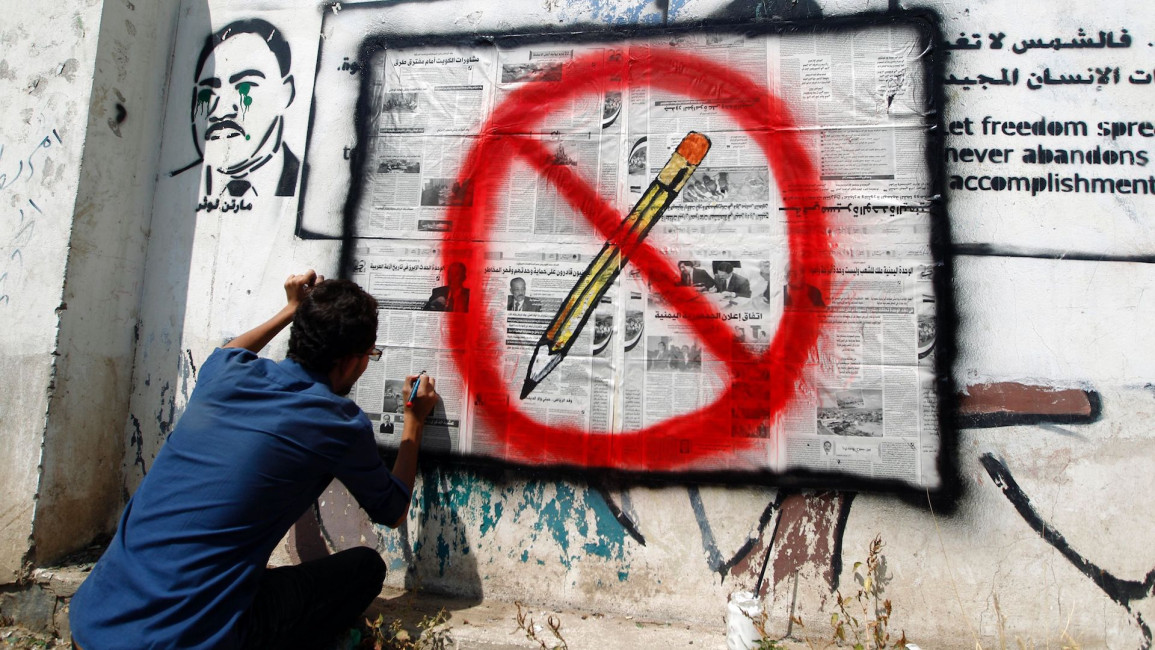Bahrain bans critical newspaper website for 'sowing sedition'
A pro-opposition newspaper has been banned online by Bahraini authorities for allegedly "sowing sedition", as the small Gulf state continues to battle anti-government protests and general instability.
Al-Wasat daily was banned from using electronic media "immediately and until further notice", the information ministry said in a statement carried by the BNA state news agency.
The ban order was "due to the newspaper's repeated publishing of and spreading (material) that sows sedition in society and harms national unity", it said.
Al-Wasat was suspended for two days in August 2015 after being accused of "violating the law and repeated dissemination of information that affects national unity and the kingdom's relationship with other countries".
The ban - which does not affect the print edition - comes a day after protests erupted against the execution of three men from Bahrain's Shia majority.
Sami Mushaima, 42, Ali al-Singace, 21, and Abbas al-Samea, 27 faced a firing squad, six days after a court upheld their death sentences over a bomb attack in March 2014, the prosecutor's office said in a statement.
International rights group suggesting evidence in the case was obtained under torture.
The announcement of the executions triggered protests in Shia villages, where demonstrators blocked roads with burning tyres. Police retaliated by firing tear gas, according to posts on social media.
Bahrain has been rocked by sporadic unrest since March 2011 when security forces brutally crushed an Arab Spring-inspired uprising.
At the height of the 2011 uprising, al-Wasat was suspended and its chief editor Mansoor al-Jamri tried and fined for allegedly publishing false information, but it was later allowed to reopen.



